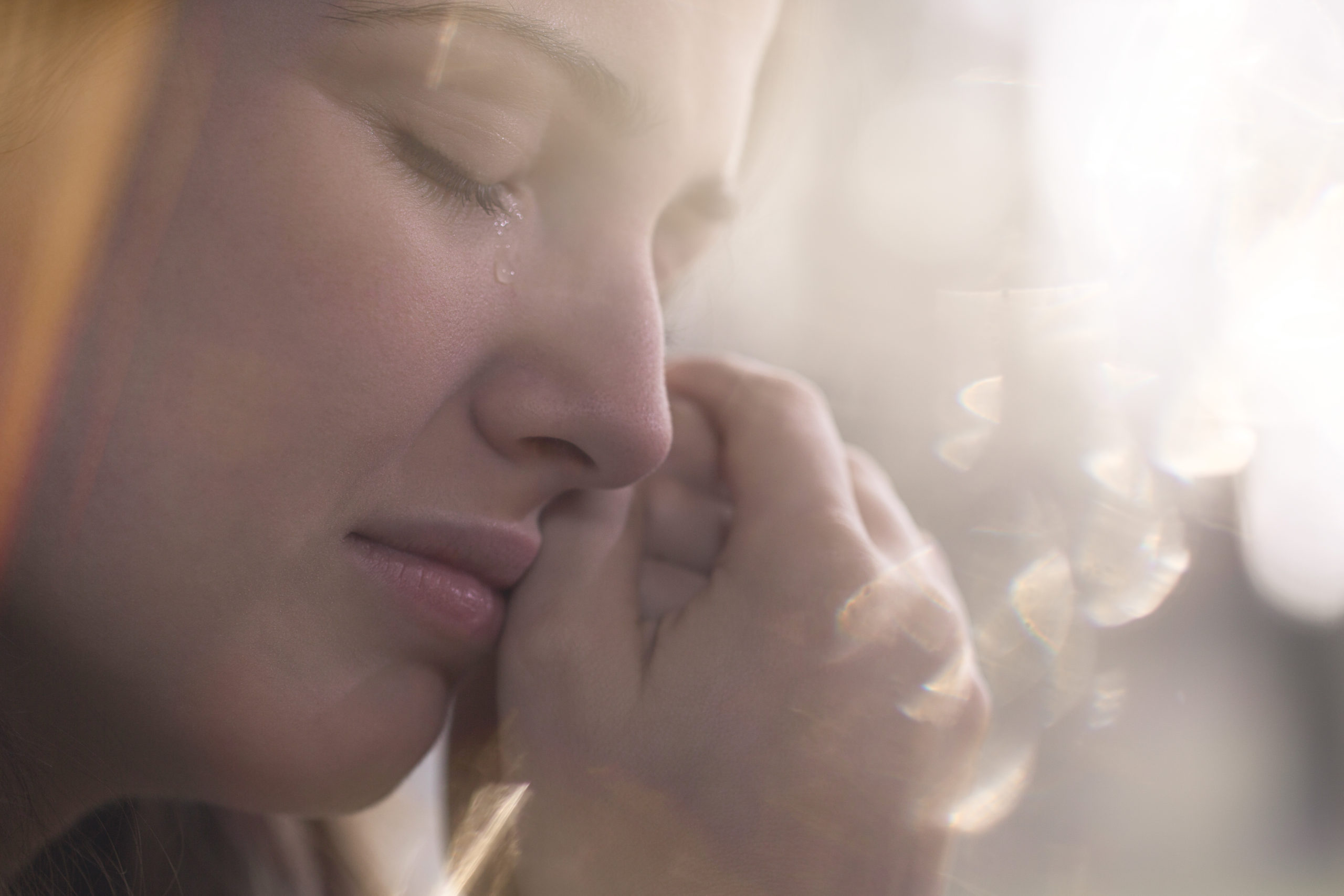Many LGBT+ people think domestic violence is an issue only faced by people who are both cisgender and straight – but this is not the case.
That finding was presented in a new study conducted by Relationships Australia New South Wales (RANSW) and ACON (formerly the AIDS Council of NSW). The study was published by Australia’s National Research Organisation for Women’s Safety.
The research revealed that many LGBT+ people hold deep misconceptions about domestic violence and don’t understand the many ways it can impact upon queer communities.
Many LGBT+ people think domestic violence is ‘a heterosexual issue’.
“Our study found that [domestic and family violence (DFV) and intimate partner violence (IPV)] were perceived by community members and professional stakeholders to be a heterosexual issue that did not easily apply to LGBTQ relationships,” the study says.
“In particular, many community members held the view that relationships between LGBTQ people could avoid the inherent sexism and patriarchal values of heterosexual, cisgender relationships, and, by implication, avoid DFV/IPV.”
Much of the language and framework used around this issue relates to heterosexual relationships, which can overshadow abuse occurring in LGBTQ relationships.
LGBT+ people who responded to the researchers’ survey predominantly believed that “domestic violence” only refers to physical harm, while many were unaware of other forms of violence.
The researchers note that domestic violence is known to exist within LGBT+ relationships but said little is known about “its nature and causes.”
However, they did find that LGBT+ relationships can be open to particular kinds of abuse not seen among cis-straight people.
Queer people can face specific kinds of abuse not experienced by cis-straight people.
The study identifies “identity-based tactics of abuse” where the fear of exposure or outing is weaponised within queer relationships as a particular issue.
“While experiences of DFV in our communties can mirror those in the general population, there are some unique aspects experienced by LGBTQ people,” said ACON CEO Nicolas Parkhill, according to the Star Observer.
“Much of the language and framework used around this issue relates to heterosexual relationships, which can overshadow abuse occurring in LGBTQ relationships.
“Because of this, many LGBTQ people suffer in isolation and don’t feel comfortable to report abuse or seek help from support services,” said Parkhill.
Parkhill said it is vital that researchers continue to study domestic violence within LGBT+ relationships in order to create more awareness.
